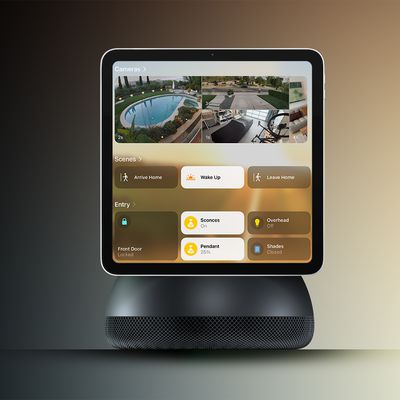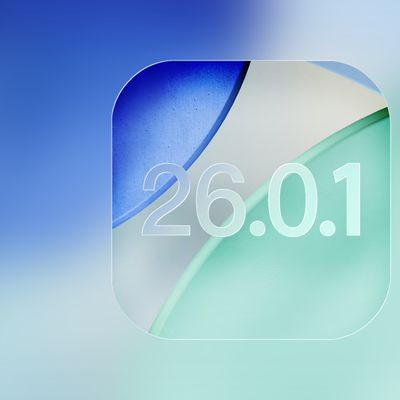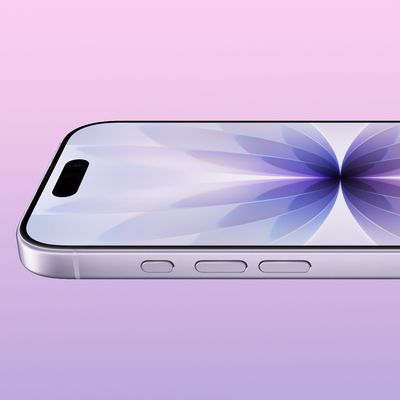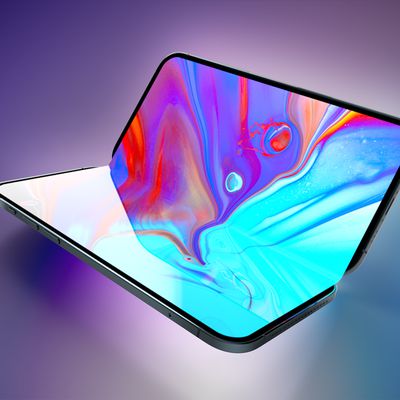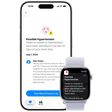A new report from The Information today reveals much of the internal turmoil behind Apple Intelligence's revamped version of Siri.
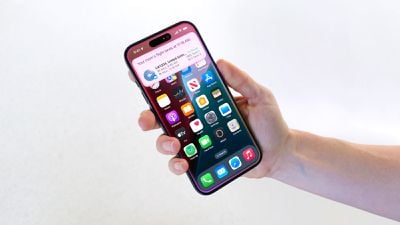
Apple apparently weighed up multiple options for the backend of Apple Intelligence. One initial idea was to build both small and large language models, dubbed "Mini Mouse" and "Mighty Mouse," to run locally on iPhones and in the cloud, respectively. Siri's leadership then decided to go in a different direction and build a single large language model to handle all requests via the cloud, before a series of further technical pivots. The indecision and repeated changes in direction reportedly frustrated engineers and prompted some members of staff to leave Apple.
In addition to Apple's deeply ingrained stance on privacy, conflicting personalities within Apple contributed to the problems. More than half a dozen former employees who worked in Apple's AI and machine-learning group told The Information that poor leadership is to blame for its problems with execution, citing an overly relaxed culture, as well as a lack of ambition and appetite for taking risks when designing future versions of Siri.
Apple's AI/ML group has been dubbed "AIMLess" internally, while employees are said to refer to Siri as a "hot potato" that is continually passed between different teams with no significant improvements. There were also conflicts about higher pay, faster promotions, longer vacations, and shorter days for colleagues in the AI group.
Apple AI chief John Giannandrea was apparently confident he could fix Siri with the right training data and better web-scraping for answers to general knowledge questions. Senior leaders didn't respond with a sense of urgency to the debut of ChatGPT in 2022; Giannandrea told employees that he didn't believe chatbots like ChatGPT added much value for users.
In 2023, Apple managers told engineers that they were forbidden from including models from other companies in final Apple products and could only use them to benchmark against their own models, but Apple's own models "didn't perform nearly as well as OpenAI's technology."
Meanwhile, Siri leader Robby Walker focused on "small wins" such as reducing wait times for Siri responses. One of Walker's pet projects was removing the "hey" from the "hey Siri" voice command used to invoke the assistant, which took over two years to achieve. He also shot down an effort from a team of engineers to use LLMs to give Siri more emotional sensitivity so it could detect and give appropriate responses to users in distress.
Apple started a project codenamed "Link" to develop voice commands to control apps and complete tasks for the Vision Pro, with plans to allow users to navigate the web and resize windows with voice alone, as well as support commands from multiple people in a shared virtual space to collaborate. Most of these features were dropped because of the Siri team's inability to achieve them.
The report claims that the demo of Apple Intelligence's most impressive features at WWDC 2024, such as where Siri accesses a user's emails to find real-time flight data and provides a reminder about lunch plans using messages and plots a route in maps, was effectively fictitious. The demo apparently came as a surprise to members of the Siri team, who had never seen working versions of the capabilities.
The only feature from the WWDC demonstration that was activated on test devices was Apple Intelligence's pulsing, colorful ribbon around the edge of the display. The decision to showcase an artificial demonstration was a major departure from Apple's past behavior, where it would only show features and products at its events that were already working on test devices and that its marketing team had approved to ensure they could be released on schedule.
Some Apple employees are said to be optimistic that Craig Federighi and Mike Rockwell can turn Siri around. Federighi has apparently instructed Siri engineers to do "whatever it takes to build the best AI features," even if that means using open-source models from other companies in its software products as opposed to Apple's own models.
For more details on Apple's Siri debacle, see The Information's full report.


